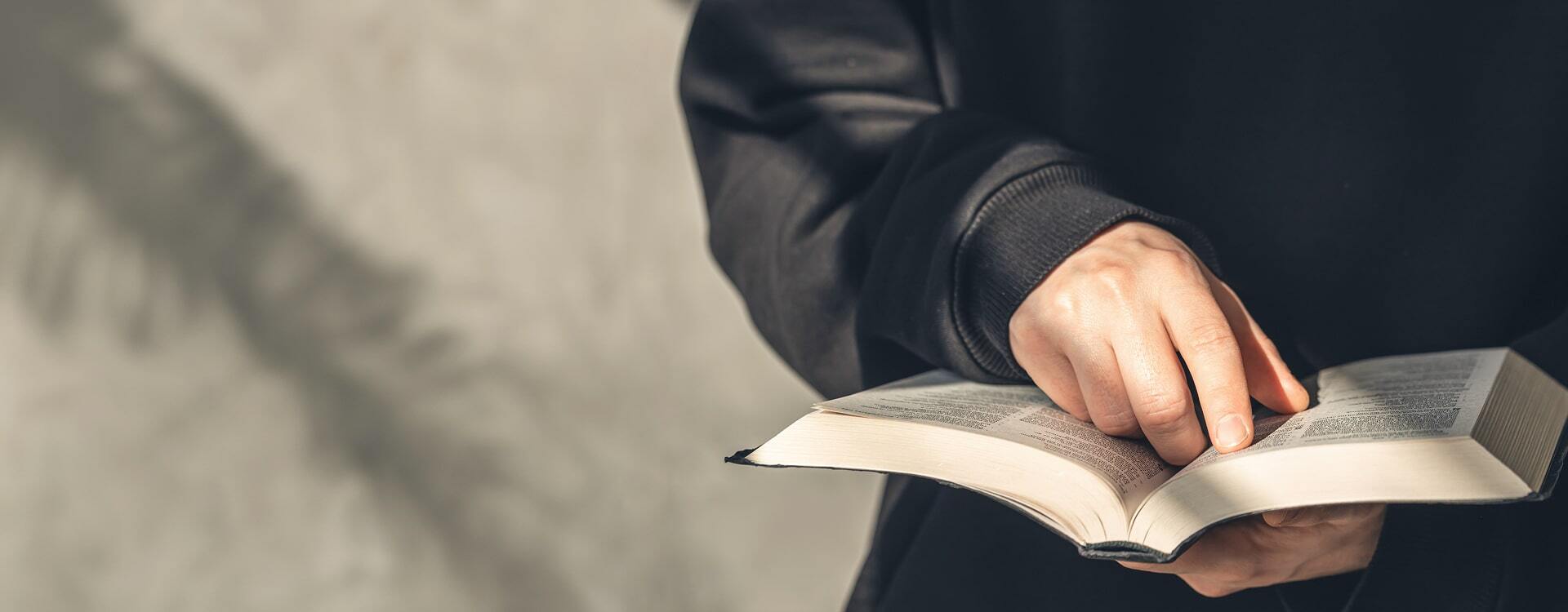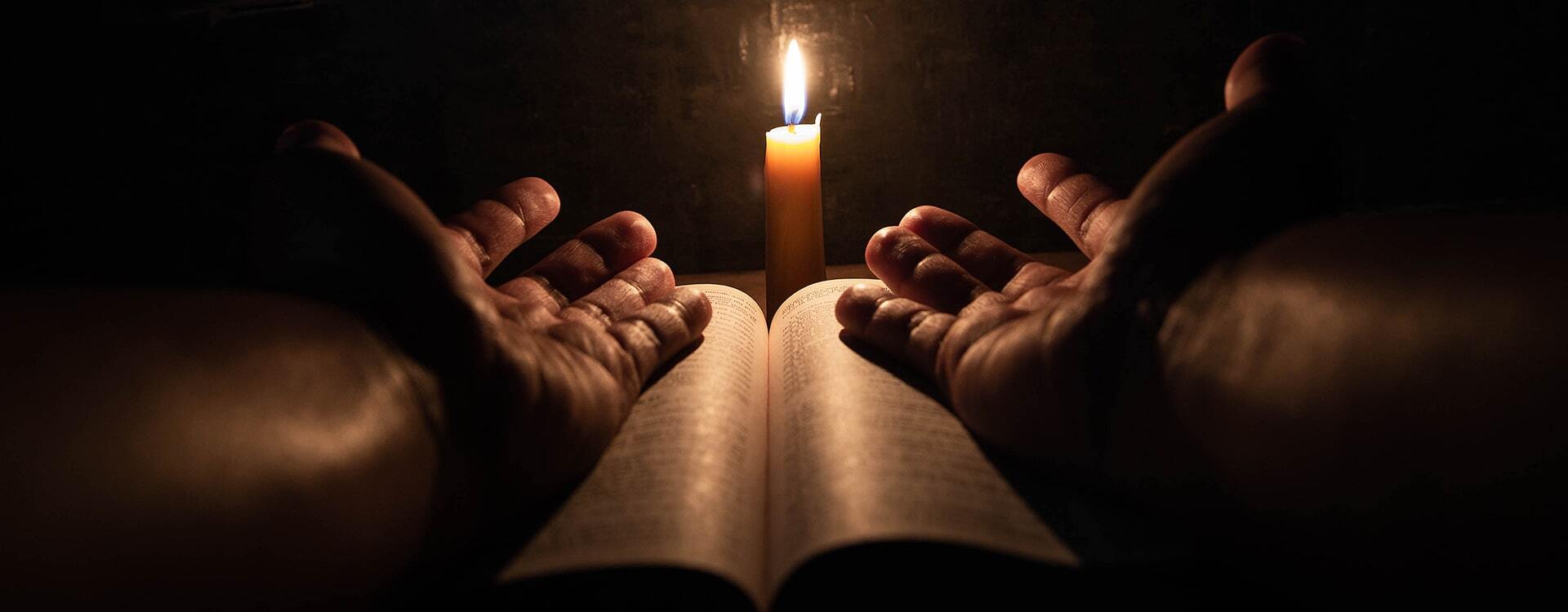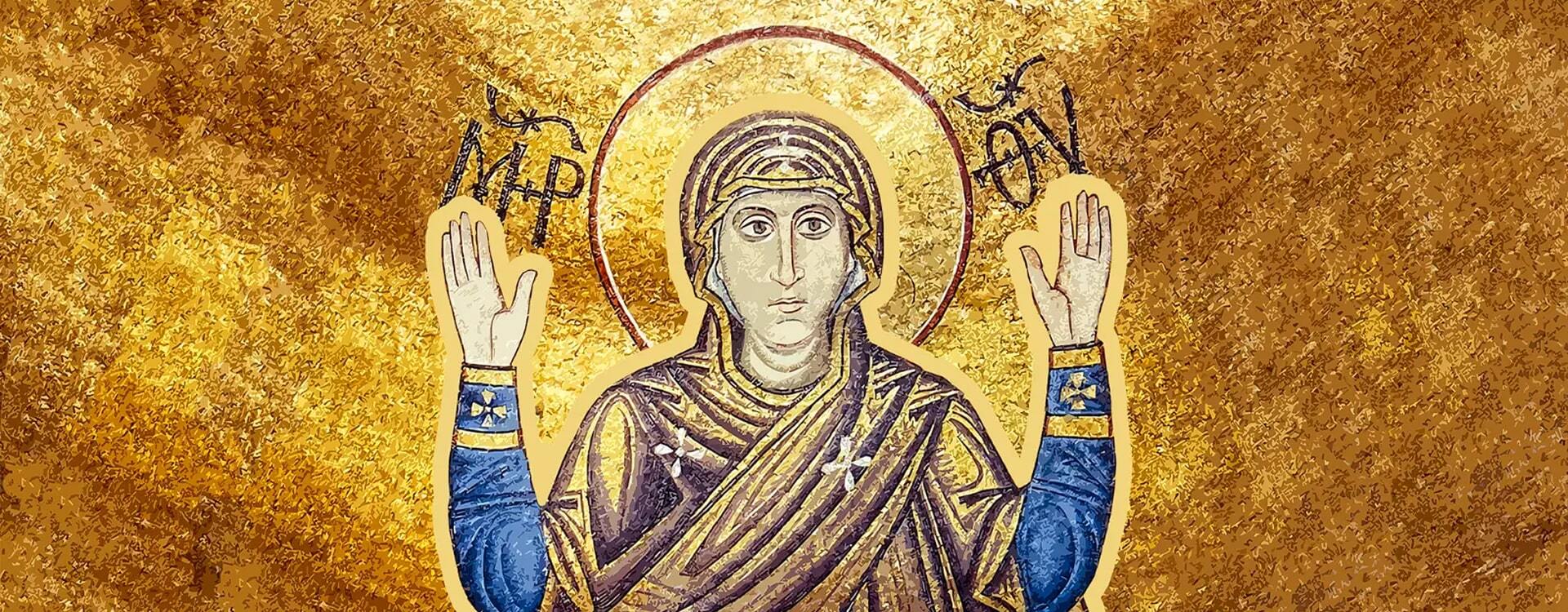Childhood During War: What Kind It Is (Reportage of Volunteer Initiative of Dobro-Diy, Brate!(Good-Do, Brother!))

They, like everyone of us, want to be needed by their families, city, and, at the end, country, especially, when being woken up because of the sounds of BM-21 “Grad” and the sky lighting up by the remotely piloted vehicles alongside the stars.
This is not the first trip for the volunteers to the East of Ukraine. In the summer of 2016, they organized the first camp called “Be Not Afraid! Be Free!” It was quite difficult to involve children with the camp in the city, where there is still so much of the post-Soviet atmosphere and mood, especially when the camp is organized at the parish of the Greek Catholic Church. At the beginning, there were nearly 10 participants. The volunteers even made jokes that the amount of the volunteers was larger than the number of participants. Nevertheless, the next day became more joyful since almost every participant brought their friend. The amount of children had been increasing by the end of the camp. On the last day, it had more than 25 participants.

“It was very difficult to know all of the peculiarities of the organizational process since we had not known the environment, where we were going into. We knew for sure it would not be easy,” says the coordinator of the project, Roman Dmytriv. Yet, the results of the camp were impressive, the games and communication with the children have become the basis for further trips and have created a positive image of the UGCC in the near-front zone.
“To be honest, we wanted to be back after the summer camp and, when I knew we were for sure going to the children during autumn holidays, I did not doubt at all whether I should have to. I had only one answer, ‘Absolutely, yes,’” shares Ivanna Zachkevych, a volunteer.
 The second trip was planned in a much more confident way. The volunteers kept in touch with the children via social networks and by phone. Both parties strived to meet again. Finally, the camp of “To Be Ourselves” began.
The second trip was planned in a much more confident way. The volunteers kept in touch with the children via social networks and by phone. Both parties strived to meet again. Finally, the camp of “To Be Ourselves” began.
“In my opinion, on the first day, there was nothing fantastic, but my suppositions were too subjective. By the next day, already, I got a present, very trivial, yet I believe it was from the deepness of the heart. It was a bracelet of rubber bands,” shares Ivanna Fryshchyn. Every day, the children made something for a secret friend. Because of this, the volunteers got “bonuses” while not being surprised at the disappearance of colored paper. Some of them went home with the colored paper because of the bracelets.
“First of all, I was shocked. As soon as we came, we went to Liturgy, and I saw the results of our work there after the summer camp. The children! They came to church! They came, not to have fun in the way they had in summer, but to pray. I felt unbelievable joy when I saw they were taking prayer books and trying to follow the Liturgy in the books together. Moreover, when I saw one of the girls coming to partake of Holy Communion, I felt tingles down my spine. Those were emotions that are difficult to express with words,” shares Roman Dmytriv.
Children came to Liturgy every day and, at the end of the camp, sang it together with the volunteers. They loved to sing, to say the truth. They always sang Tina Karol’s song, “Ukrayina Tse Ty” (You Are Ukraine). Even at the end of the camp talent-show, this song was performed twice. The children painted a blue-and-yellow flag and said, “Let live Ukraine,” many times. Equally, there were many, many dances.
Of course, the program for the autumn camp was composed not only for entertainment and presents. The children already needed more attention to their personal problems, giving answers to often rhetorical questions, simple talk or any other common activity. They all, like everyone of us, want to needed by their families, city, and, at the end, country, especially when being woken up because of the sounds of BM-21 “Grad” and the sky lighting up by the remotely piloted vehicles among the stars.
“I think a lot about the things they have to hear or see every day. There are so many stories about death, hatred, war they have already heard and, maybe, experienced,” says Ivanka Salyha, “I have realized how important is to be with them and to share their joy, to help and to educate them in a good atmosphere.”
Exactly because of that, the program for the camp was filled with different discussions, in which everyone expressed their opinion. If only people could hear the gems of not already childish minds. Sometimes, even adults will not manage to tell them. Every day, there was a biblical story told to the children complemented by unnoticeable yet important remarks, sometimes. Then, there was the possibility to ask questions. “I believe I took more than I gave,” says a volunteer. “Nevertheless, there is an extremely large amount of work to be done in the religious direction since the heritage of the USSR made a serious impact on society, and the black cat always never crosses the path in the right place; yet, only black cat-stranger does it, the home one is not hurtful.”
It was worth it to see the smiles on their faces and the shining eyes when there was time for cartoons. Short motivational trailers induced children to think deeper. The moments that shocked (in a pleasant way, of course) was the answer of “safety” to a question of which the adults said “fear.” Equally, there was “emotions are the brain,” “joy is bad when you are sitting at the lessons and laughing out loud,” “fear… it does not have its own opinion” and many others, which volunteers did not manage to put down.
To add, the “community building” was a special activity. Children liked the Christian songs a lot. At first, there were many misunderstandings, yet the glory to God found its place on the lips and in the hearts, and, already at the end of the camp, the children asked by themselves to sing “Dyvys, Yaku Lyubov Nam Dav” (“Look, What Kind of Love We Were Given”) together.
Nevertheless, everything finishes to give a beginning to something new.
“When the time came to leave, we felt sad. The tears on the eyes of the children also spoke that they did not want us to leave, but we did not say, “Good bye,” we said, “See you soon!” mentioned the volunteers.
“The kids were cool, they were “alive.” In my own words, they were open, everyone with their own story and worldview.”
“In fact, I did not spend lots of time in the camp. Yet, when I was with the children, I tried to give myself totally during this time, to witness them and to inspire. I felt joy because of their openness and sincerity. I wondered because of their creativity, incredible stories, the spontaneity of the children, and the prudence of the adults.”
“This camp is very important for me because I can communicate with our little brothers and sisters who live in the other part of our country. This dialogue that has been interrupted for many years is getting restored. I am very glad that God gives me the opportunity to participate in it,” says Roman Shpyelyk, a volunteer. “The camp itself is a little Ukrainian world which we want to see at our schools. It gave the possibility for children to be themselves, taught them to open themselves up and to feel the joy of living. This is the same that every person strives for, namely, to be happy and to accept themselves in the way they are.”

The participants of the camp also gave their impressions. Lyuba Vynnyk said, “Our camp is the place where I found wonderful, sympathetic friends who are always ready to help. To add, I understood that people are not always inimical towards others.” (Lyuba appologises for the citation since it was in Russian.)
“Do you understand the paradox of volunteering? This is when you are getting ready for the trip emotionally, spiritually and practically in order to give as much as you can, share something to people who you are going to visit, and, as a result, return feeling more inspired and filled despite the fact you have given all of you,” shares Nataliya Kovalchuk, a volunteer.

The issue that those children need communication and attention has become the conclusion after such a far-away trip, 2,000 kilometers, far away from home. Only while being with a child, playing with them and talking, we can become a good example to be taken. The children are the future of our country, therefore, the way our country will become, whose example the children will follow, and what God and Ukraine will mean for them depends on us.
“Natalkas, Bohdankas, Ivankas, Romkos and our other friends, like contemporary apostles, led the camp with new inspiration, love, and devotion for the inhabitants of the town, the outskirts, and the parish of St. Nicholas. I, as a priest of that parish, noticed that the children were looking forward to the beginning of the camp. The combination of guidance and games unites the kids in one friendly team, more and more. While there is war at the distance of 20 kilometers, we form a new generation that will treat their town, region, Ukraine, and the peace that is so hard to be kept nowadays with respect,” says Rev. Vitaliy Kester. “The communication during which we discover ourselves – what actually was the goal of the camp – is very important. I would like for all of us to support the idea of a trip to Lviv and the Carpathian mountains in time for a fairy-tale Christmas.”

The “DoBro” volunteer space plans to bring the families of the participants of the camp to Lviv for Christmas. There is still a lot of work left, everyone can join the project because the ocean is made up of tiny drops of water. Do, Brother!
Reference
From October 24 to October 30, 2016 the “DoBro” Volunteer Space was organizing a Christian patriotic center for children in the town of Kostyantynivka of the Donetsk region.
“DoBro” is a volunteer space that functions as a part of the Centre for Student Chaplaincy in Lviv. This is a group of initiative students and graduates of different educational establishments who give their energy to bring good to others. The space activity covers three directions, namely: visiting children in orphanages, making masking nets for the military, and the organization of diverse events to popularize the Ukrainian traditions in the East of Ukraine.
By: Nataliya Hnyp
ПІДТРИМАЙТЕ ДИВЕН СВІТ
проєкту
ЧИТАЙТЕ ТАКОЖ












